Best Seasons for Foundation Repairs
Foundation repairs are most effectively performed during specific times of the year when weather conditions are optimal. Typically, dry and moderate temperatures facilitate better curing of materials and reduce the risk of delays caused by adverse weather. Spring and fall are generally considered ideal seasons for foundation work, as they offer stable conditions with less extreme temperature fluctuations.
Spring provides moderate weather conditions, making it suitable for foundation repairs. Soil moisture levels are balanced, reducing the risk of shifting or swelling.
Fall often offers cooler temperatures and less humidity, which can help in the curing process and reduce delays caused by rain.
Summer heat and winter cold can hinder repair work. High temperatures may affect curing times, while freezing conditions can cause soil movement.
Optimal soil conditions occur when soil is neither too wet nor too dry, which is more common in spring and fall.
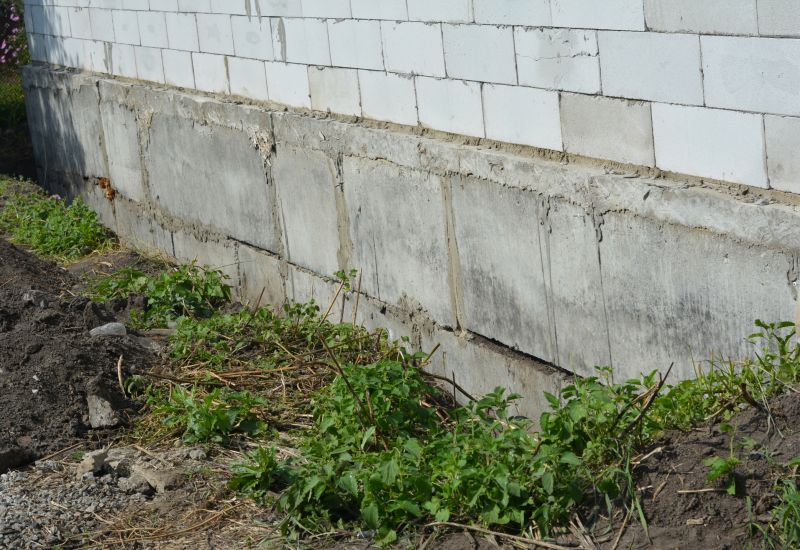
Spring offers ideal conditions for foundation stabilization projects.
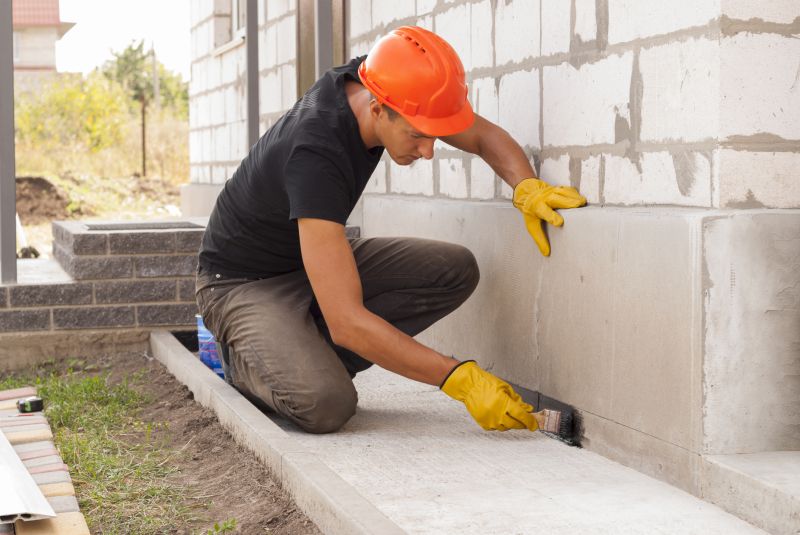
Fall weather supports effective foundation repair and curing processes.
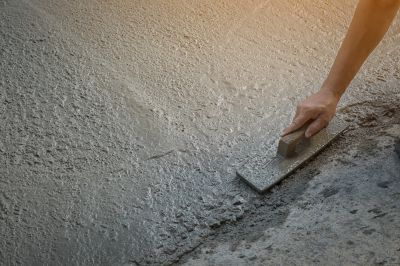
Soil moisture levels during spring and fall enhance repair effectiveness.
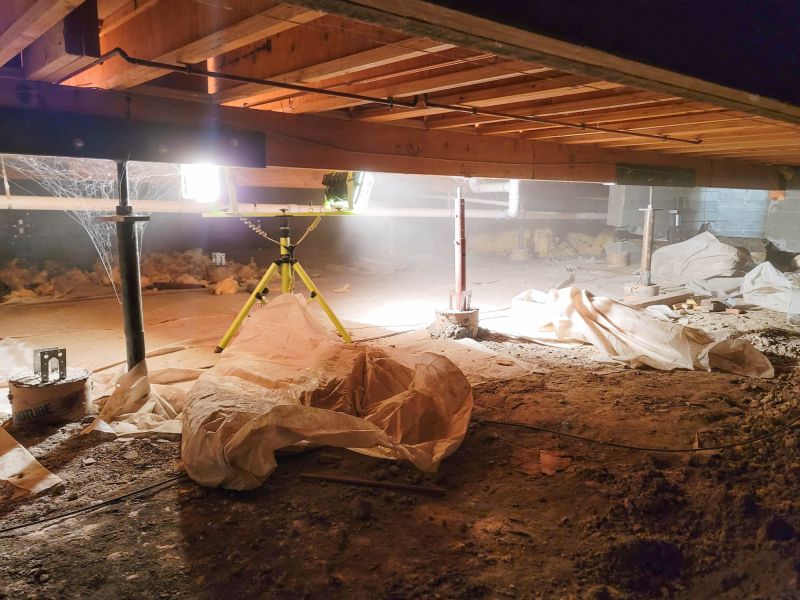
Ways to make Foundation Repairs work in tight or awkward layouts.
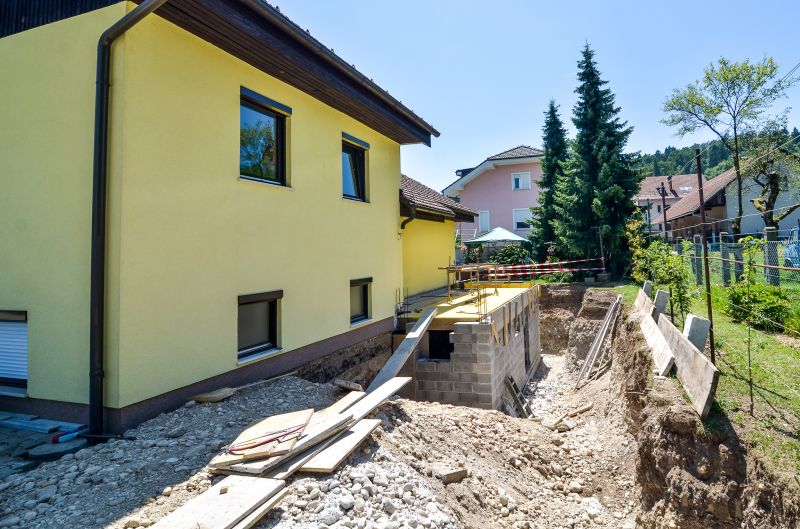
Popular materials for Foundation Repairs and why they hold up over time.
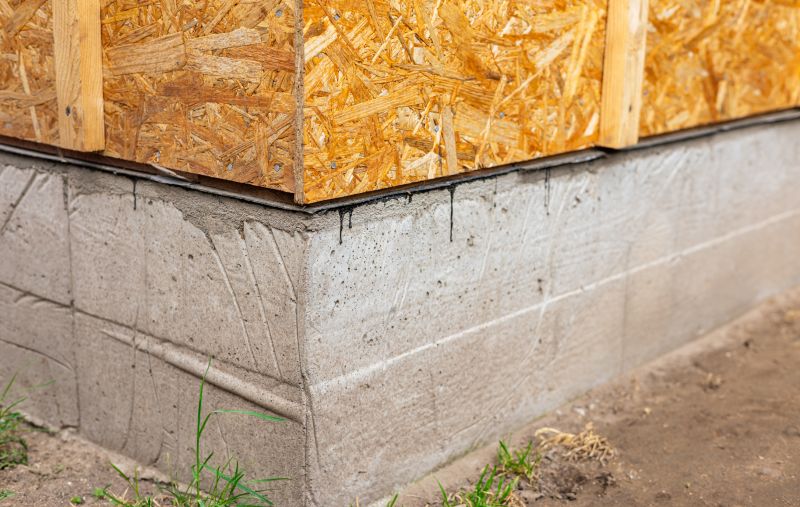
Simple add-ons that improve Foundation Repairs without blowing the budget.
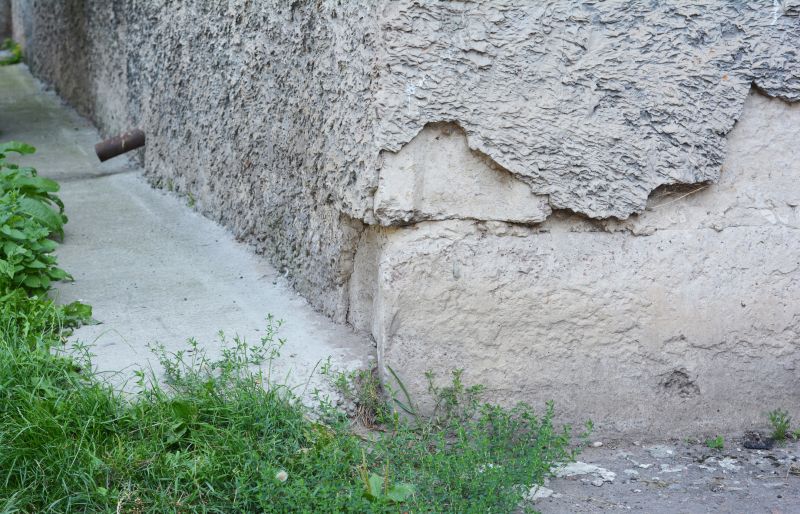
High-end options that actually feel worth it for Foundation Repairs.
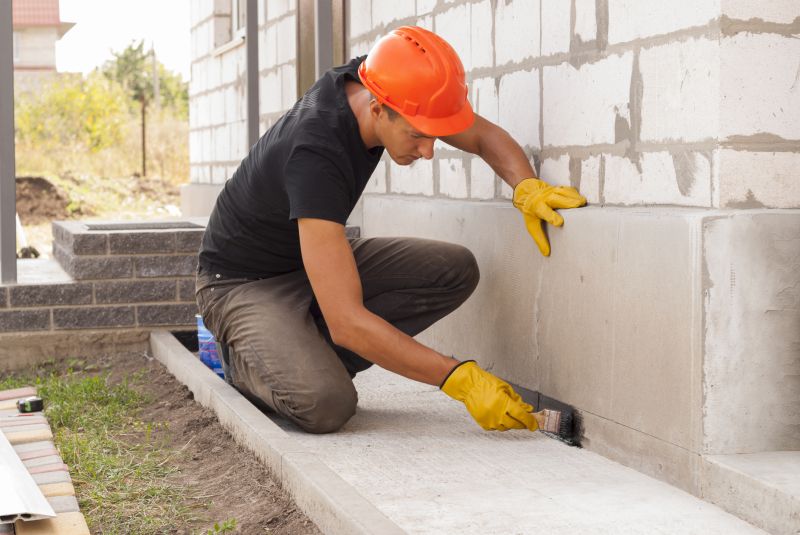
Finishes and colors that play nicely with Foundation Repairs.
| Season | Best For |
|---|---|
| Spring | Moderate weather and balanced soil moisture |
| Fall | Cooler temperatures and less humidity |
| Summer | Less ideal due to heat and soil dryness |
| Winter | Not recommended due to freezing conditions |
Foundation repairs involve addressing issues such as settling, cracking, and shifting that can compromise the structural integrity of a building. Proper timing ensures that repairs are durable and effective. It is important to consider seasonal weather patterns and soil conditions to select the most suitable window for intervention.
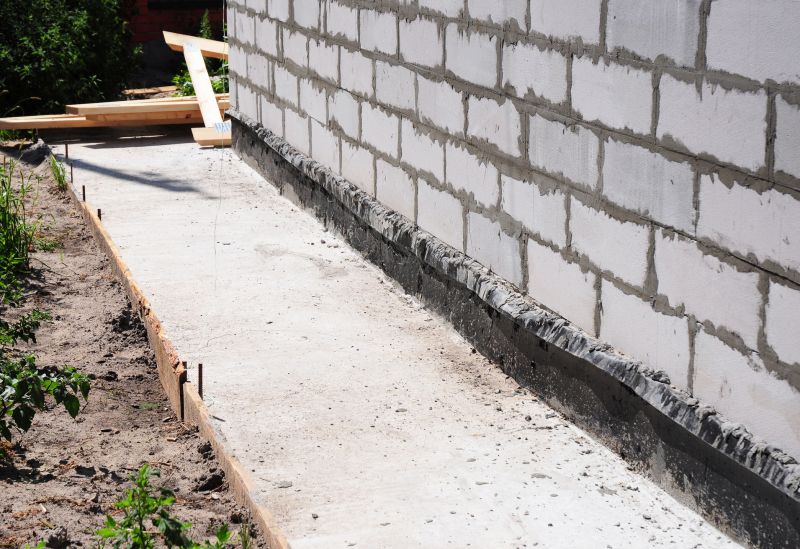
A typical repair includes soil stabilization, piering, and crack sealing.
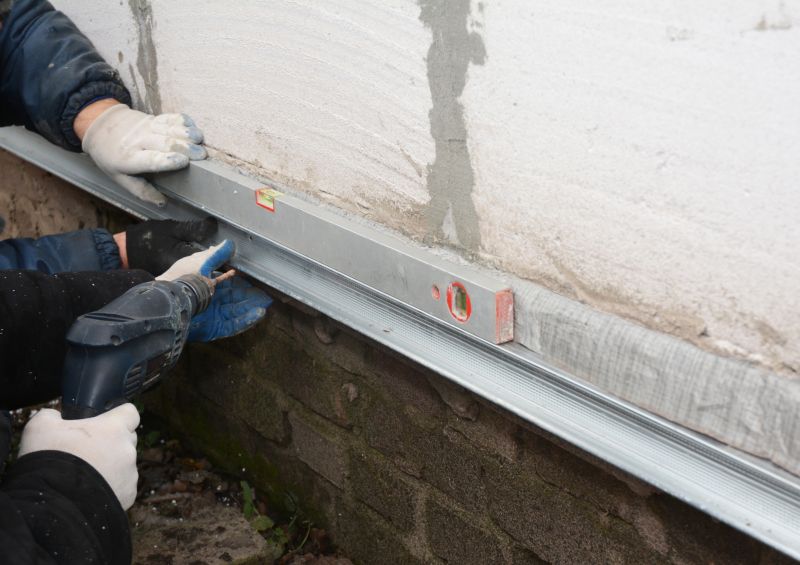
Methods such as mudjacking or underpinning improve soil support.
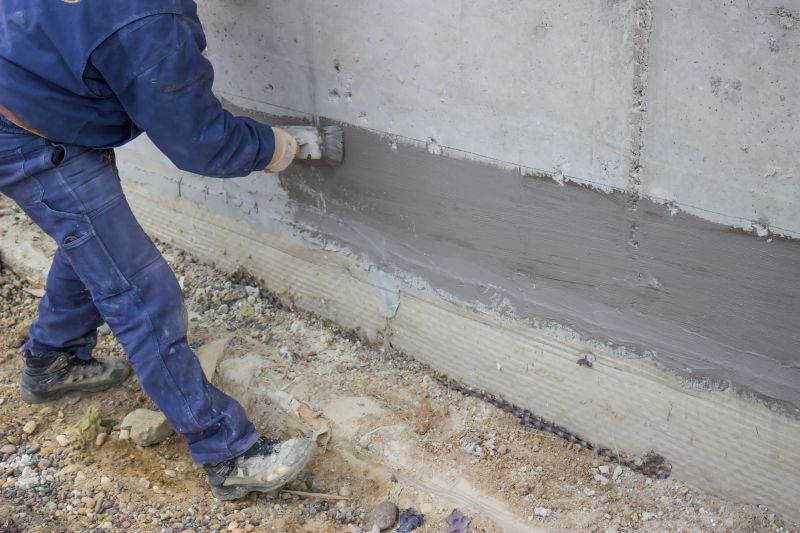
Sealing cracks prevents water infiltration and further damage.
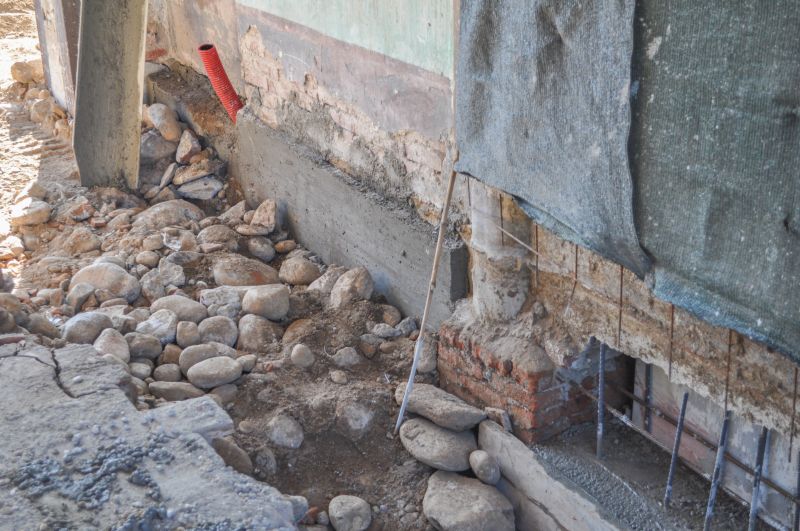
Reinforcing structures restore stability and prevent future issues.
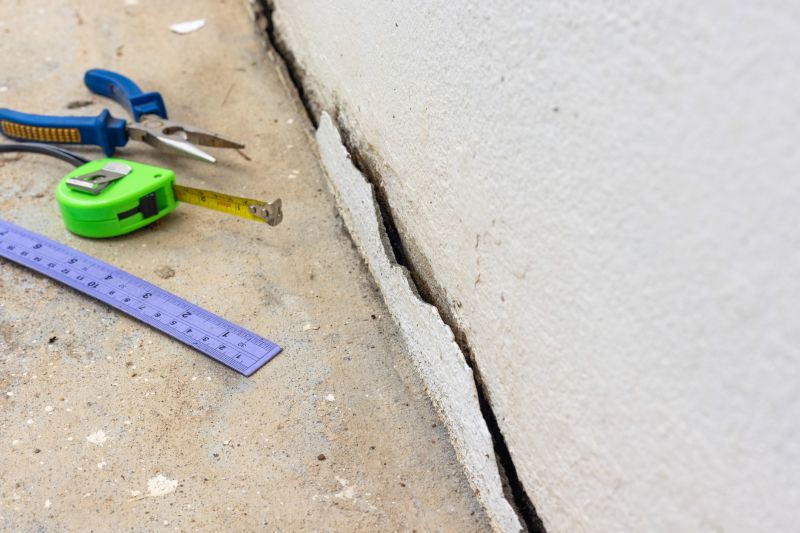
Little measurements that prevent headaches on Foundation Repairs day.
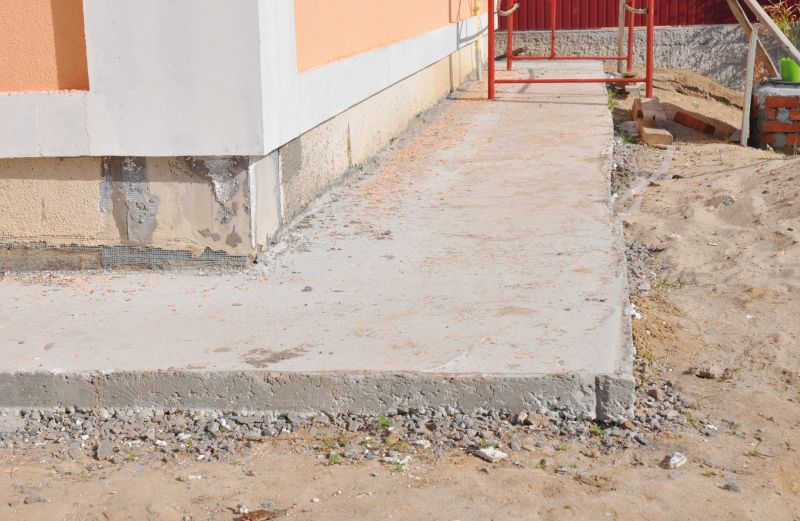
A 60-second routine that keeps Foundation Repairs looking new.
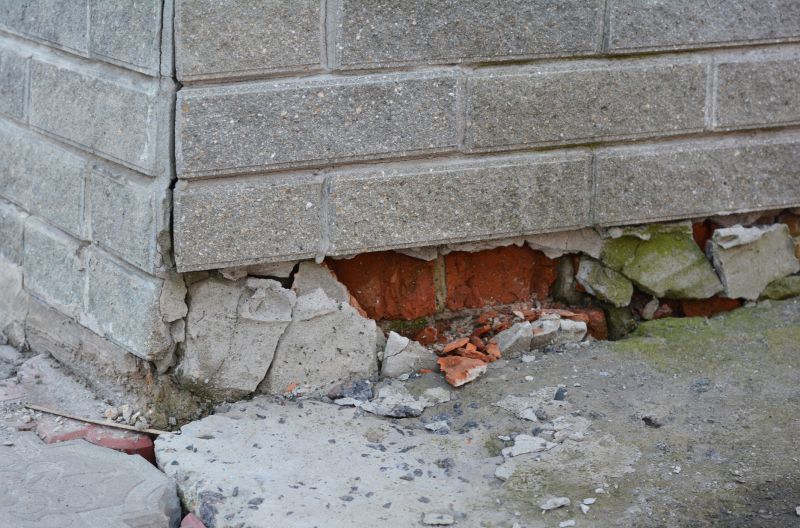
A frequent mistake in Foundation Repairs and how to dodge it.
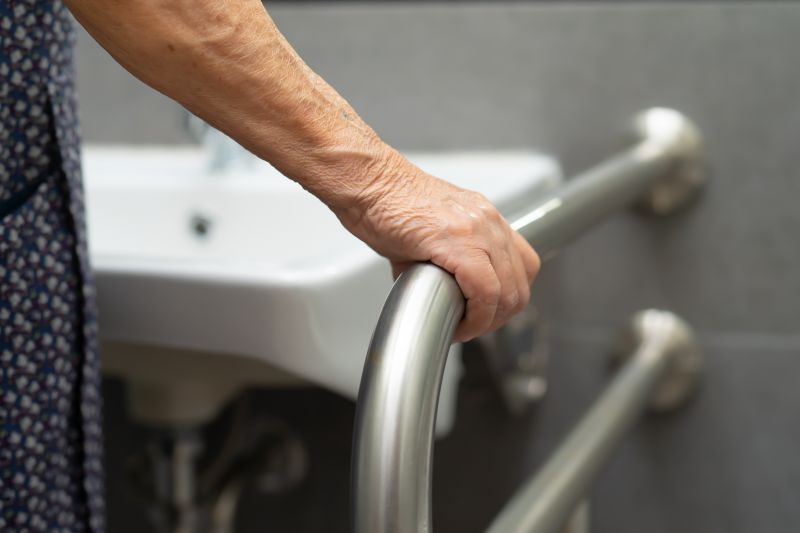
Small tweaks to make Foundation Repairs safer and easier to use.
Timely foundation repairs can prevent more extensive and costly damage over time. Choosing the right season for repairs enhances the effectiveness of materials and methods used, leading to longer-lasting results.
Interested in foundation repair services? Fill out the contact form to get started.

